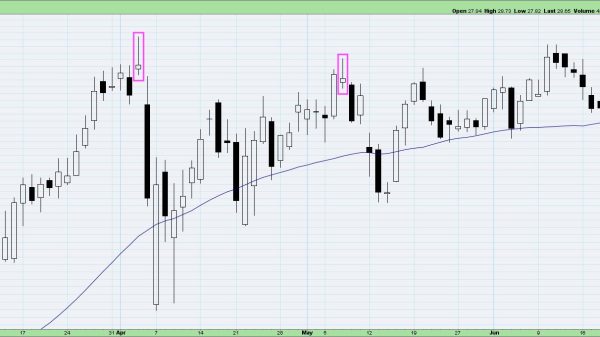2% GDP Contraction Hits Japan in Early 2024
Quick Look:
Sharp GDP Decline: Japan’s GDP unexpectedly fell by 2.0% in Q1 2024, exceeding economists’ forecasts and indicating deeper economic troubles. Yen Devaluation Impact: A weaker yen has increased import costs, significantly impacting consumers and businesses and contributing to the downturn. Monetary Policy Challenges: The Bank of Japan faces a dilemma with its rate hike plans amid economic contraction, possibly delaying further increases.Japan‘s economic landscape experienced a sharp downturn in the first quarter of 2024, contracting more rapidly than anticipated. This development casts new challenges for the Bank of Japan’s strategy to shift interest rates away from their long-standing near-zero levels. Here, we delve into the factors driving this decline, the impact on monetary policy, and the broader economic implications.
Unexpected Contraction and Its Causes
Recent preliminary gross domestic product (GDP) data from the Cabinet Office revealed that Japan’s economy shrank by an annualised 2.0% from January to March. This surpassed the 1.5% decline predicted by economists. Furthermore, this contraction follows a period of minimal growth in the final quarter of 2023. That quarter was revised downward due to lower-than-expected capital expenditure. Additionally, the absence of a strong growth engine across all GDP components signals a troubling start to the year. No significant areas of economic strength were noted during this period.
The devaluation of the yen has played a significant role in this downturn. A weaker yen typically benefits exporters by making Japanese goods cheaper overseas. However, it also increases the cost of imported goods. This has put a substantial financial strain on consumers and small businesses. As a result, it contributed to the contraction in private consumption, which fell by 0.7%—a larger decrease than the 0.2% anticipated.
The Bank of Japan’s Monetary Policy Dilemma
The first quarter’s GDP contraction presents a complex challenge for the Bank of Japan (BOJ). The BOJ initiated a rate hike in March 2024, its first since 2007. Now, the bank’s plan to continue tightening its monetary policy may be in jeopardy. Further rate hikes could exacerbate economic pressures on already struggling consumers and businesses.
Economists suggest that the timing of future rate increases might be delayed, depending on economic performance in the current quarter. There is a consensus that while the economy is expected to rebound, largely due to anticipated wage increases, the persistent uncertainty in service sector consumption could dampen this recovery.
Economic Outlook and Future Projections
Despite the disappointing start to the year, there is cautious optimism that the economic weakness observed in the first quarter will be temporary. Economists point to potential growth drivers such as planned income tax cuts and recent significant wage increases—the largest in three decades. These factors could revitalise consumer spending and stave off a return to deflation.
Moreover, the Japanese government and policymakers are hopeful. They believe the adverse impacts of recent natural disasters and operational halts in major industries, like Toyota’s Daihatsu unit, will soon subside. This could help mitigate the negative effects on GDP from external demand, which saw a reduction of 0.3 percentage points in the first quarter.
While Japan faces significant economic headwinds driven by internal challenges and external pressures, the responses from monetary authorities and future fiscal policies will be crucial. These responses will steer the economy towards recovery and sustainable growth. The coming months will be critical. They will determine whether these measures can effectively counteract the current downturn and set the stage for a stable economic environment.
The post 2% GDP Contraction Hits Japan in Early 2024 appeared first on FinanceBrokerage.
























